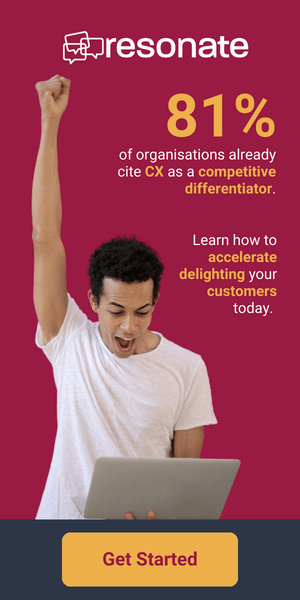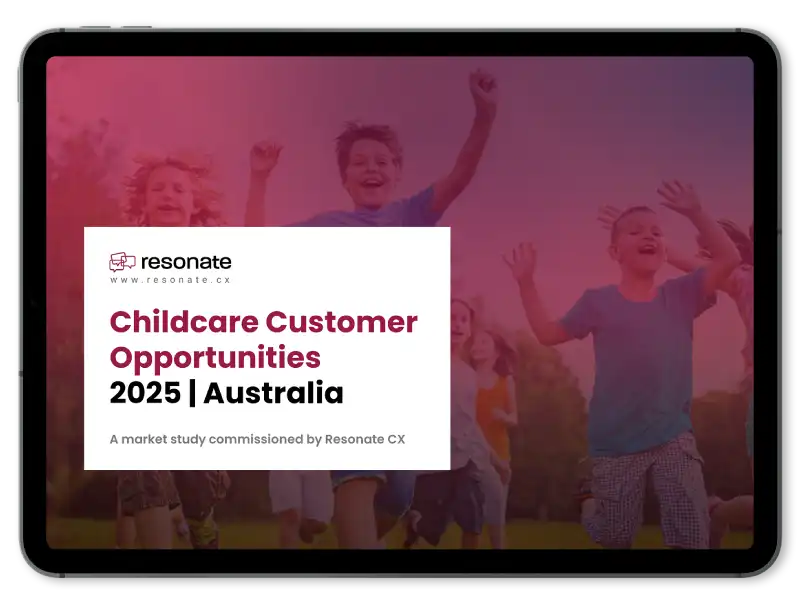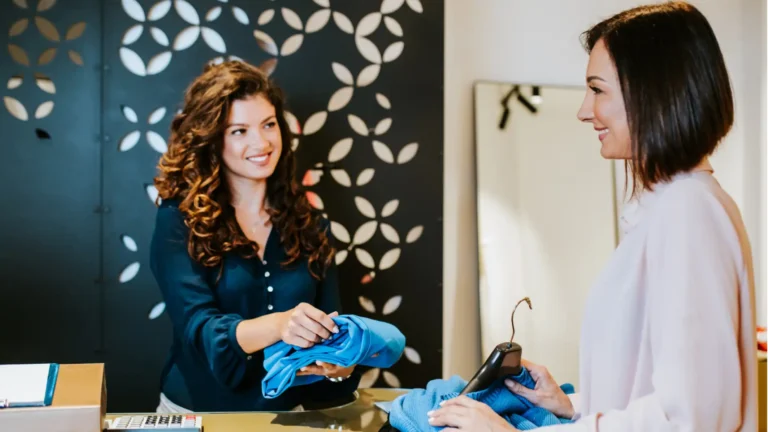TLDR:
- Gen Z, being digital natives, expect fast and simple self-service options like FAQs and video tutorials. They also place a high value on brand authenticity, transparency, and personalization, especially regarding social and environmental issues.
- Millennials, who grew up with the internet, favor an omnichannel approach, wanting to move effortlessly between digital and physical platforms. They appreciate personalized interactions with a human touch and expect easy-to-use, intuitive technology.
- Baby Boomers, in contrast, prefer traditional, direct communication channels such as phone calls or face-to-face service. They prioritize clarity, reliability, and consistency and are generally less likely to switch brands once they’ve found one they like.
- A single CX strategy for all customers is no longer effective. Businesses must recognize the unique preferences of each generation to earn their loyalty and build trust.
- The most successful CX strategy is a hybrid model that combines technology with human interaction. Businesses should use self-service tools for efficiency while empowering their staff to provide clear and empathetic communication.
Picture this: three customers reach out to your business for support. A Gen Z shopper heads straight to your FAQ page, hoping to solve their problem without human help. A Millennial, on the other hand, opens a live chat window, expecting a fast reply and a personal touch. Meanwhile, a Baby Boomer dials your phone number, ready for a clear, detailed explanation from a trusted voice.
Each person has the same need but very different ideas of what “good service” looks like. That’s the challenge businesses face today. Customer experience (CX) isn’t a one-size-fits-all strategy, and not everyone can be impressed or even just be satisfied by generic responses from your business. To earn loyalty, you need to understand how generational expectations differ and adapt your approach accordingly in order to meet them.
Gen Z: The Digital-First, Values-Driven Consumer
As true digital natives who have been exposed to digital interfaces and solutions from an early age, Gen Z expects customer experiences to be as fast and simple as a single click. In fact, according to a survey published on Hubspot, 60% of Gen Z prefer to resolve issues using self-service tools like FAQs or video tutorials before speaking to a person, while nearly half find traditional call centres too frustrating.
However, Gen Z doesn’t only want convenience. It may come as a surprise, considering that they prefer exploring self-service options over interacting with customer support representatives, but this generation wants connection. According to the same survey, 72% say they are more loyal to brands that personalise their experiences through tailored recommendations and proactive service. They also expect transparency and real-time updates, whether on an order status or a support ticket.
Perhaps most importantly, Gen Z evaluates brands on values as much as products. Social and environmental responsibility are central to gaining their loyalty. In addition, Gen Z customers also expect authenticity, and they’re quick to notice when it’s missing.
How do you win over this generation? Start by offering the level of speed and control they demand through seamless self-service. It’s also important to provide them with a personalised journey, and back it all with a brand purpose they can believe in. For example, a Gen Z shopper is far more likely to complete a purchase when your mobile app offers one-click checkout and real-time delivery tracking, rather than forcing them through lengthy forms. Likewise, they’re more inclined to recommend your brand if your marketing highlights genuine commitments to sustainability, such as using recyclable packaging or supporting social causes, and if your product suggestions feel tailored rather than generic. In short, you earn their loyalty by combining convenience with authenticity.
Millennials: The Omnichannel, Experience-Focused Generation
Millennials grew up alongside the internet and adapted as technology evolved. They’re confident moving between digital and physical channels, and expect the businesses they interact with to be just as adaptable.
Omnichannel integration is critical to this generation of consumers. According to privacy-oriented data solutions provider Near Intelligences, 64.6% of Millennials are twice as likely as Baby Boomers to use omnichannel approaches. At the same time, Millennials value personalisation with a human touch. While they welcome automation and self-service like Gen Z shoppers do, Millennials still want their interactions to feel meaningful. If they’re using live chat, for example, the experience of doing so should be efficient while also friendly and responsive, not robotic.
This generation also expects platforms and interfaces to come with an intuitive design as a standard. They appreciate simplicity in every aspect of their interaction with businesses, from onboarding processes to mobile apps. Poorly designed interfaces can quickly break their trust.
For Millennials, a great CX strategy combines consistency across channels, personalised support, and intuitive platforms that function seamlessly and can be used with ease. Making a priority of these aspects during interactions can help businesses rise up to the expectations of this generation of customers. A millennial may begin researching a product on social media, for instance, then switch to your website to compare details, and then head in-store to finalise the purchase. If your systems are integrated in such a way that the customer’s online cart is visible in-store and customer service can see their full history, you remove friction and build buyer confidence. Similarly, when a millennial reaches out through live chat about an issue and receives not only a quick resolution but also a thoughtful follow-up email, they feel valued as more than just a transaction. These seamless and human-centred touches are what keep them coming back.
Baby Boomers: The Value-Conscious Loyalists
Baby Boomers bring both loyalty and spending power. According to marketing database Marketing Charts, they are less likely than other generations to try new brands, and 76% of Baby Boomers have expressed strong loyalty to their favourite brands.
When it comes to service, Boomers prefer traditional, direct channels. They are more comfortable picking up the phone or speaking face-to-face than navigating a chatbot. Clarity is key to satisfying interactions with these customers, as they appreciate unambiguous explanations and reliable follow-through.
That said, Boomers are not disconnected from technology. Many use email regularly and engage with digital channels. However, customer feedback from this generation is best gathered through familiar methods such as phone or email surveys.
To serve Boomers well, focus on reliability, clarity, and respect for their loyalty. Earning their trust entails providing them with consistent service and communicating clearly with them.
Conclusion: The Future Is a Hybrid, Adaptable CX Strategy
Speed, personalisation, and reliability are expectations you’ll find across all generations. What sets them apart is the channel and style of service they prefer. Gen Z wants autonomy and brand authenticity, while Millennials expect seamless omnichannel support with a personal edge. Boomers, on the other hand, prioritise reliability and clear communication.
For your business, the takeaway is simple: flexibility wins. The most successful CX strategies blend technology and human interaction. Self-service tools and digital platforms provide speed and convenience, while empowered staff deliver empathy and clarity where it matters most.
By listening to what each generation values, and adapting how you deliver it, you build stronger trust, deeper loyalty, and long-term success across the board. This is where programs like Resonate CX’s customer experience management platform can help. By centralising feedback, surfacing generational insights, and streamlining responses across channels, this AI-driven solution equips you to meet Gen Z’s digital-first demands, Millennials’ need for seamless omnichannel service, and Baby Boomers’ preference for reliability and clarity. In doing so, you create experiences that not only meet customer expectations but also earn loyalty across all demographics.













